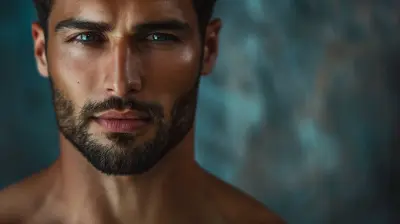The Role of Women in Sports Movies: Breaking the Mold
3 July 2025
Sports movies have always held a special place in the hearts of audiences. They tug at our emotions, make us root for the underdog, and sometimes even inspire us to chase our own dreams. But for a long time, these stories have largely centered around male athletes and their struggles. Women, if present at all, were often relegated to supporting roles—cheerleaders, girlfriends, or the occasional coach standing in the sidelines. Thankfully, that narrative is changing. And it's about time.
Today, we’re diving deep into the shifting storyline of women in sports films. We’ll highlight the evolution, the ongoing challenges, and most importantly, the powerful impact these films have when they put women center stage. So grab your popcorn—this isn’t just a movie night, it’s a movement.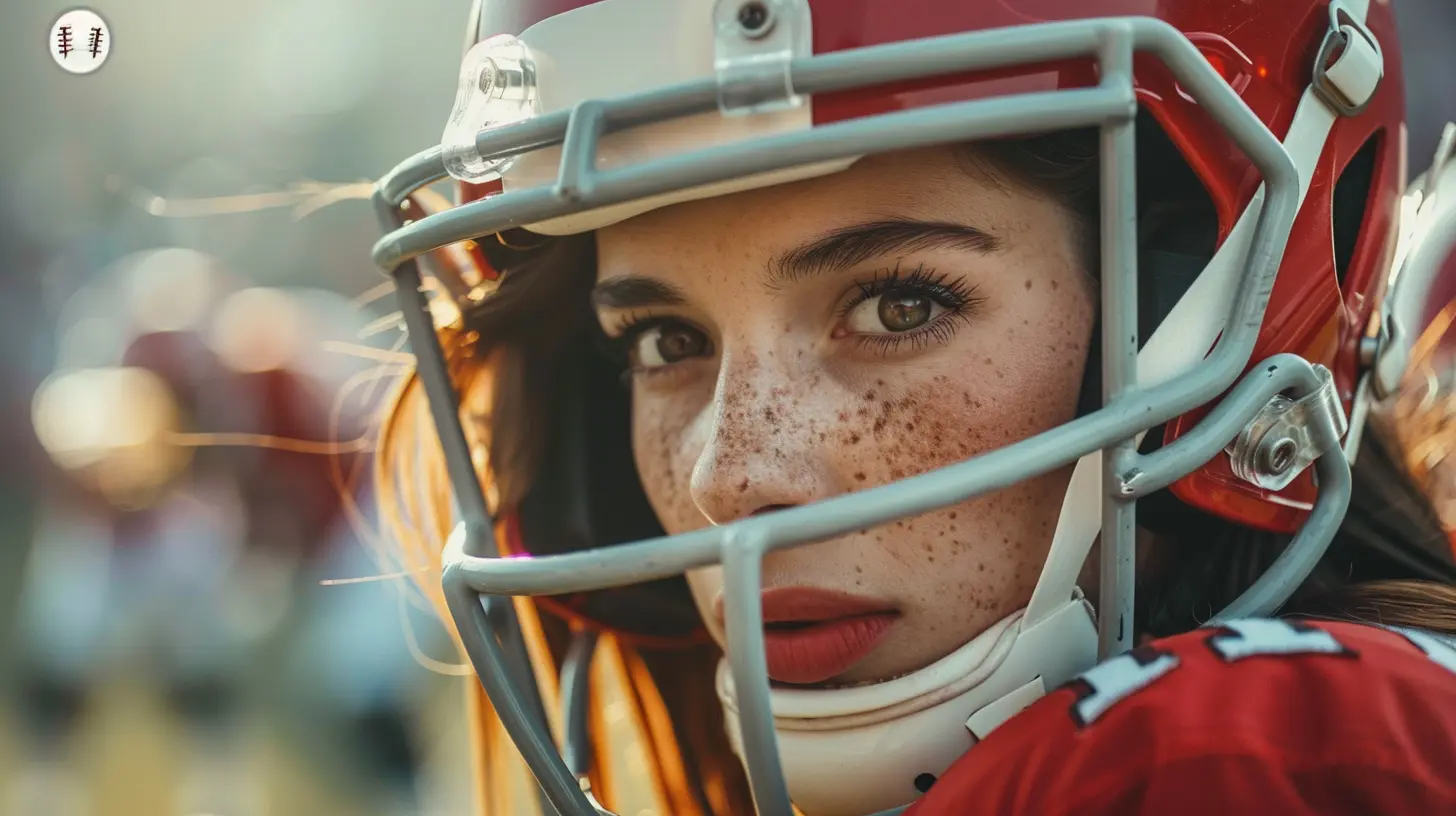
The Early Days: Women on the Sidelines
Let’s be real, pick almost any sports movie from the ‘70s or ‘80s, and chances are the female characters aren’t the ones breaking records—they’re the ones cheering from the stands. From classics like Rocky to Hoosiers, women often existed in the background, supporting the “real” (read: male) athlete.Sure, there were exceptions. Think National Velvet (1944) starring Elizabeth Taylor, where a young girl dreams of racing a horse in the Grand National. But these were rare gems in a sea of testosterone. For decades, women in sports films were shoved into a corner, often portrayed as obstacles to male greatness rather than athletes with stories worth telling.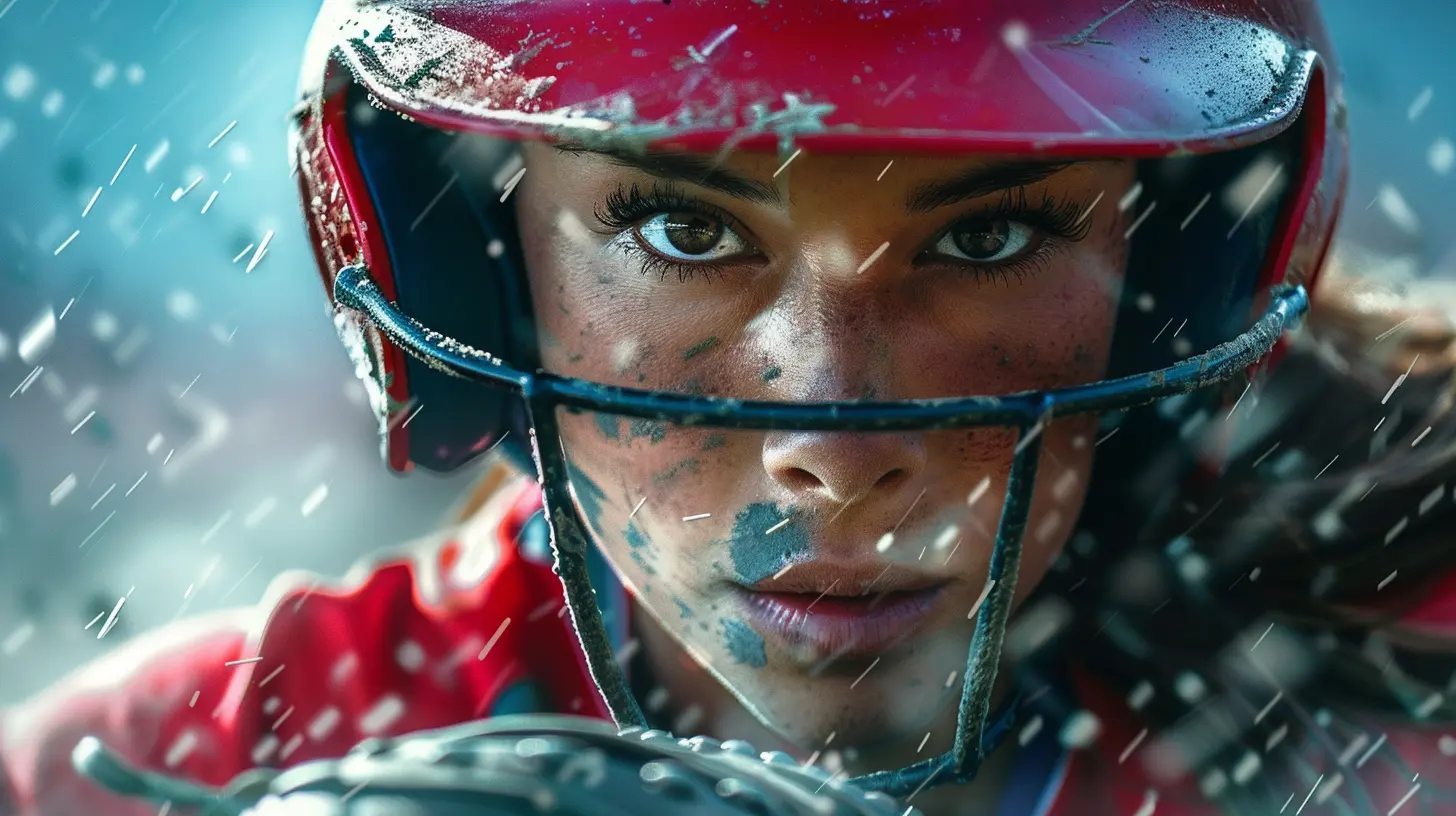
The Turning Point: Breaking Into the Game
It wasn’t until the late ‘80s and early ‘90s that the tide slowly began to turn. And you know what helped? Real-life change. As women’s sports gained more visibility thanks to the Olympics and Title IX in the U.S., Hollywood started to pay attention.Cue the game-changers.
Remember A League of Their Own (1992)? Talk about a home run. This film didn’t just feature women athletes—it celebrated them. Centering around the All-American Girls Professional Baseball League during World War II, it gave audiences a look at strong, funny, driven women who loved to play ball. And let’s not forget the unforgettable line: “There’s no crying in baseball!” Epic.
Then came Love and Basketball (2000), which blended romance and sports in a way we hadn’t really seen before. Monica, played by the fantastic Sanaa Lathan, was more than just a basketball player—she was a layered, flawed, passionate athlete fighting for her shot on and off the court.
These stories weren’t just about sports—they were about identity, struggle, sacrifice, and love. And they proved that audiences could embrace female-led sports stories just as much as any male-driven narrative.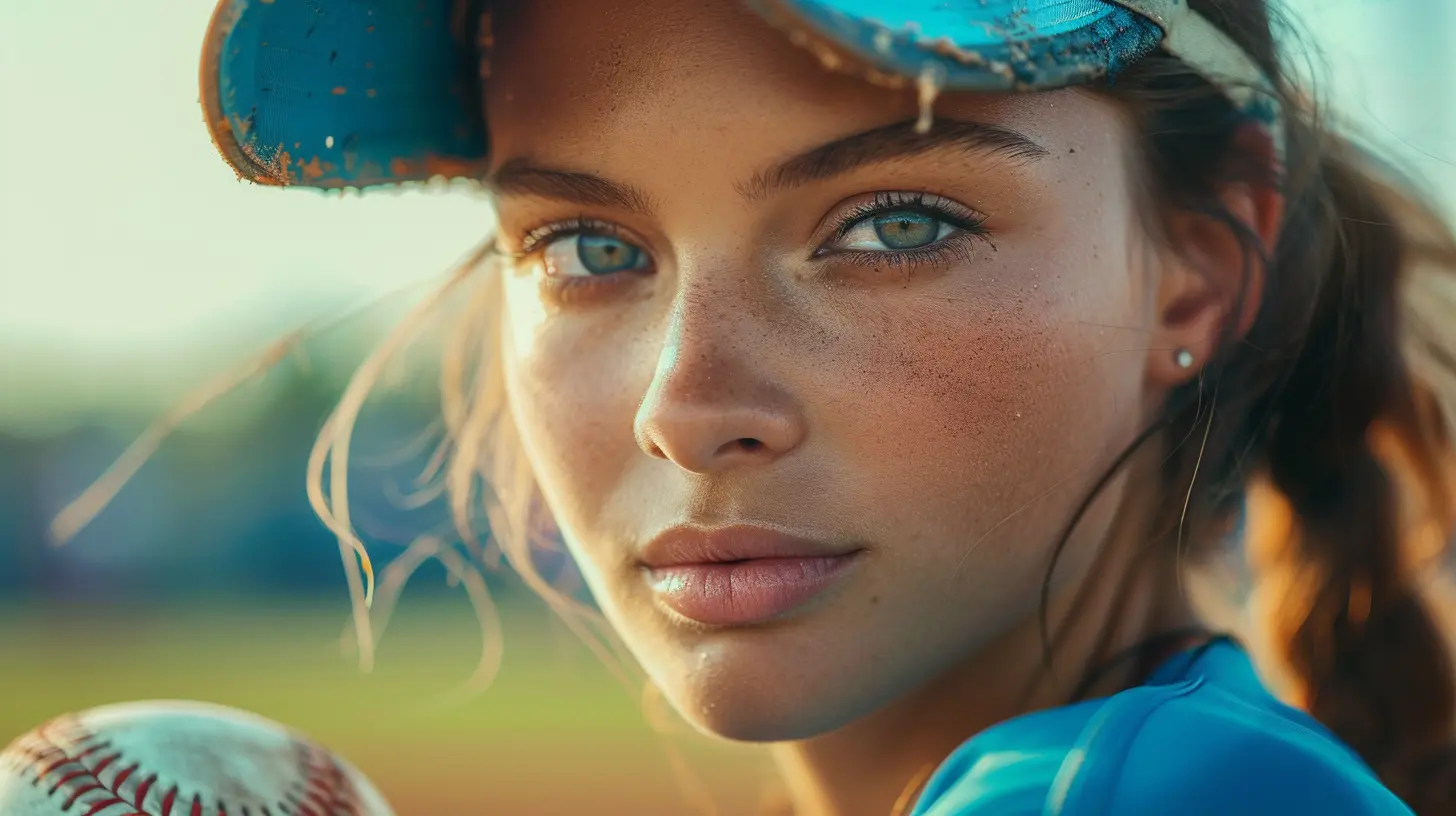
Women as Athletes: More Than Just a Pretty Face
Let’s be honest—Hollywood has this annoying tendency to pretty things up. When women get screen time, there’s often this pressure to keep them looking flawless, even in the mud and sweat of competition. But the best sports films toss that expectation out the window.Take Million Dollar Baby (2004), for instance. Hillary Swank’s transformation into boxer Maggie Fitzgerald wasn’t just about physical strength; it was about grit, perseverance, and heart. She bled, she bruised, she trained like hell—and audiences ate it up. No glitter, no glam, just guts.
Or I, Tonya (2017), a raw, unapologetic look at figure skater Tonya Harding. It didn’t romanticize her journey. In fact, it did the total opposite—highlighting abuse, class struggles, and media sensationalism. It pulled back the curtain on the cost of chasing greatness, especially when you're a woman from the wrong side of the tracks.
These films redefined what it means to be a female athlete on screen. They showed that women aren’t just there to inspire men—they’re there to win, lose, fight, and fall just like everyone else.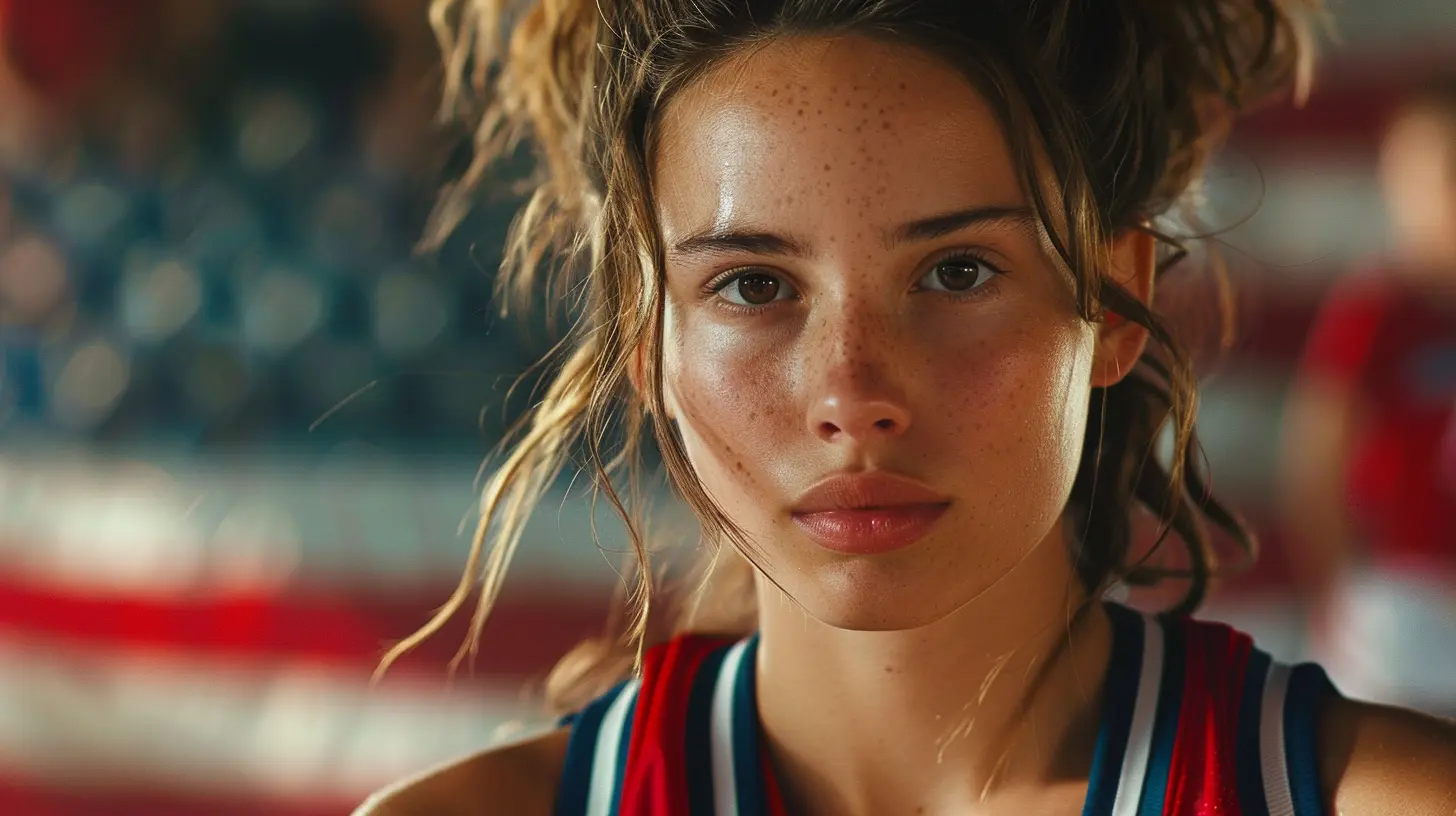
Embracing Diversity: Different Sports, Different Stories
One of the best developments in recent years has been the expansion of sports genres in women-led films. Not every story needs to be about basketball or track. Women are out here killing it in every sport imaginable, and finally, films are catching on.Think Bend It Like Beckham (2002), which brought girls’ soccer and cultural identity into the mainstream. Jesminder, a British-Indian teenager, just wants to play football. But her immigrant parents don't approve, and she’s caught between tradition and her dreams. It's not just a sports movie—it’s a deep dive into culture, identity, and empowerment.
Then there's Queen of Katwe (2016), a beautiful film based on the true story of Phiona Mutesi, a young Ugandan girl who rises from poverty to become a chess prodigy. While not a “sport” in the traditional sense, the competitive spirit and resilience shown are nothing short of athletic.
These stories matter because they broaden the conversation. They show us that women of all races, classes, and backgrounds have powerful stories worth telling—and that those stories aren't always about winning gold; sometimes, they’re about surviving the game of life.
The Media Mirror: Art Reflects Reality (and Vice Versa)
Let’s not kid ourselves—media matters. The way athletes are portrayed on screen influences how we see them in real life. For too long, female athletes were seen as less than—less aggressive, less competitive, less serious. But powerful portrayals in movies help shift that perception.When young girls see someone like Maggie in Million Dollar Baby or Monica in Love and Basketball, they're not just seeing a character—they’re seeing possibilities. They’re seeing permission to be strong, to be fierce, and to dream.
Films also play a big role in educating audiences. A well-crafted sports movie has the power to shine a spotlight on underrepresented sports, injustices in the athletic world, and the systemic hurdles women face—whether that’s unequal pay, lack of recognition, or outdated gender norms.
Coaching and Mentoring: The Unsung Female Leaders
Another mold that’s slowly cracking? The female coach.For decades, coaching roles in sports films have been male-dominated. But we’re starting to see a shift. Films like Coach Carter still carry weight, but why can’t more sports stories feature women in leadership roles?
Enter Battle of the Sexes (2017), where Billie Jean King not only plays but essentially coaches herself to victory against Bobby Riggs. Or the Disney+ series Big Shot, where girls’ basketball takes center stage, and their strong-willed female assistant coach stands her ground in a male-driven environment.
These representations are crucial. Coaches inspire, guide, and mold young athletes. Seeing women take on those roles challenges the myth that leadership in sports is a boys’ club. Spoiler alert: it's not. Never has been.
The Future: Where Do We Go From Here?
We’ve come a long way, but there’s still work to do. Despite all the progress, female-led sports films remain the exception, not the rule. And while box office success has proven that these stories resonate, they’re still not being made at the rate they should be.So what’s the game plan?
1. More Scripts, More Stories – Writers and producers need to invest in authentic stories that center on women athletes from all walks of life.
2. Representation Behind the Camera – It’s not just about who’s in front of the lens. We need more women writing, directing, and producing these films to bring fresh perspectives to the table.
3. Champion Real Athletes – Biopics and documentaries about real female athletes can fuel awareness and inspire the next generation. Think RBG, but for Serena, Simone, or Megan Rapinoe.
4. Support the Films That Exist – Audiences play a role too. When a solid women’s sports movie hits theaters or streaming platforms, support it. Money talks in Hollywood.
Wrapping It Up: Lights, Camera, Representation
At the end of the day, the role of women in sports movies isn’t just about who scores the winning goal. It’s about representation. It’s about rewriting old narratives and challenging the deeply rooted idea that sports—and sports storytelling—are a man’s world.Every time a girl sees herself in Monica’s unstoppable drive, in Phiona’s unbreakable spirit, or in Maggie's relentless determination, a new door opens. That’s the power of film. That’s the power of breaking the mold.
So here’s to more women on the field, in the ring, at the podium—and on our screens.
Because the game isn’t just for the boys anymore.
all images in this post were generated using AI tools
Category:
Sports MoviesAuthor:

Everett Davis
Discussion
rate this article
1 comments
Vance Rocha
This article highlights the significant impact of women in sports films, showcasing their roles as athletes, mentors, and leaders. By breaking traditional stereotypes, these characters inspire a new generation and emphasize the importance of representation in sports narratives. A must-read!
July 20, 2025 at 4:50 AM

Everett Davis
Thank you for your insightful comment! I'm glad you found the article impactful in showcasing the vital roles women play in reshaping sports narratives.
